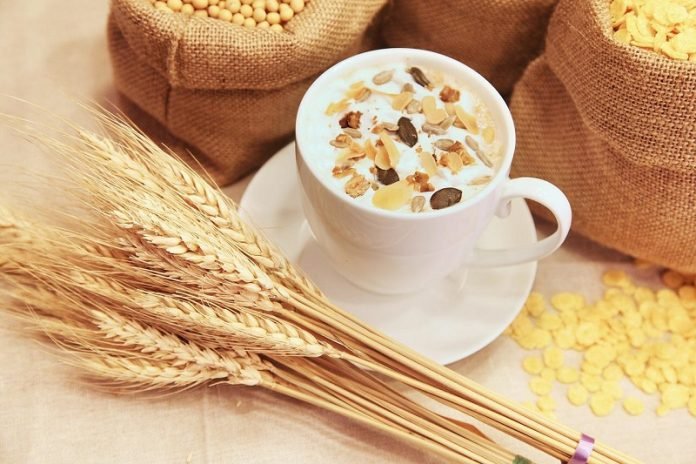
Scientists from Duke University found that people who had been eating the least amount of fiber had the greatest benefit from supplements, regardless of which ones they consumed.
They examined 28 participants who were fed three different kinds of supplements in different sequences.
The research is published in Microbiome and The ISME Journal and was conducted by Lawrence David et al.
The benefit of dietary fiber isn’t just the easier pooping that advertisers tout.
Fermentable fiber—dietary carbohydrates that the human gut cannot process on its own but some bacteria can digest—is also an essential source of nutrients that your gut microbes need to stay healthy.
When your gut bugs are happily munching on a high-fiber diet, they produce more of the short-chain fatty acids that protect you from diseases of the gut, colorectal cancers, and even obesity.
And in particular, they produce more of a fatty acid called butyrate, which is fuel for your intestinal cells themselves.
Butyrate has been shown to improve the gut’s resistance to pathogens, lower inflammation, and create happier, healthier cells lining the host’s intestines.
In the study, the team wanted to know whether it may be necessary to ‘personalize’ fiber supplements for different people since different fermentable fibers have been shown to have different effects on the short-chain fatty acid production from one individual to the next.
They didn’t see a lot of difference between the fiber supplements they tested. Rather, they looked interchangeable.
The team says regardless of which of the test supplements people pick, it seems their microbiome will be happier with more butyrate.
The average American adult only consumes 20 to 40 percent of the daily recommended amount of fiber, which is believed to be a root cause behind a lot of our common health maladies, including obesity, heart disease, digestive disorders, and colon cancer.
Instead of having to go totally vegetarian or consume pounds of kale daily, convenient fiber supplements have been created that can increase the production of short-chain fatty acids.
If you care about nutrition, please read studies that blackcurrants can reduce blood sugar after meals, and one avocado a day could protect you from heart disease.
For more information about nutrition, please see recent studies about supplements that could improve memory functions, and results showing a high-fiber diet could help reduce the dementia risk.
Copyright © 2022 Knowridge Science Report. All rights reserved.



